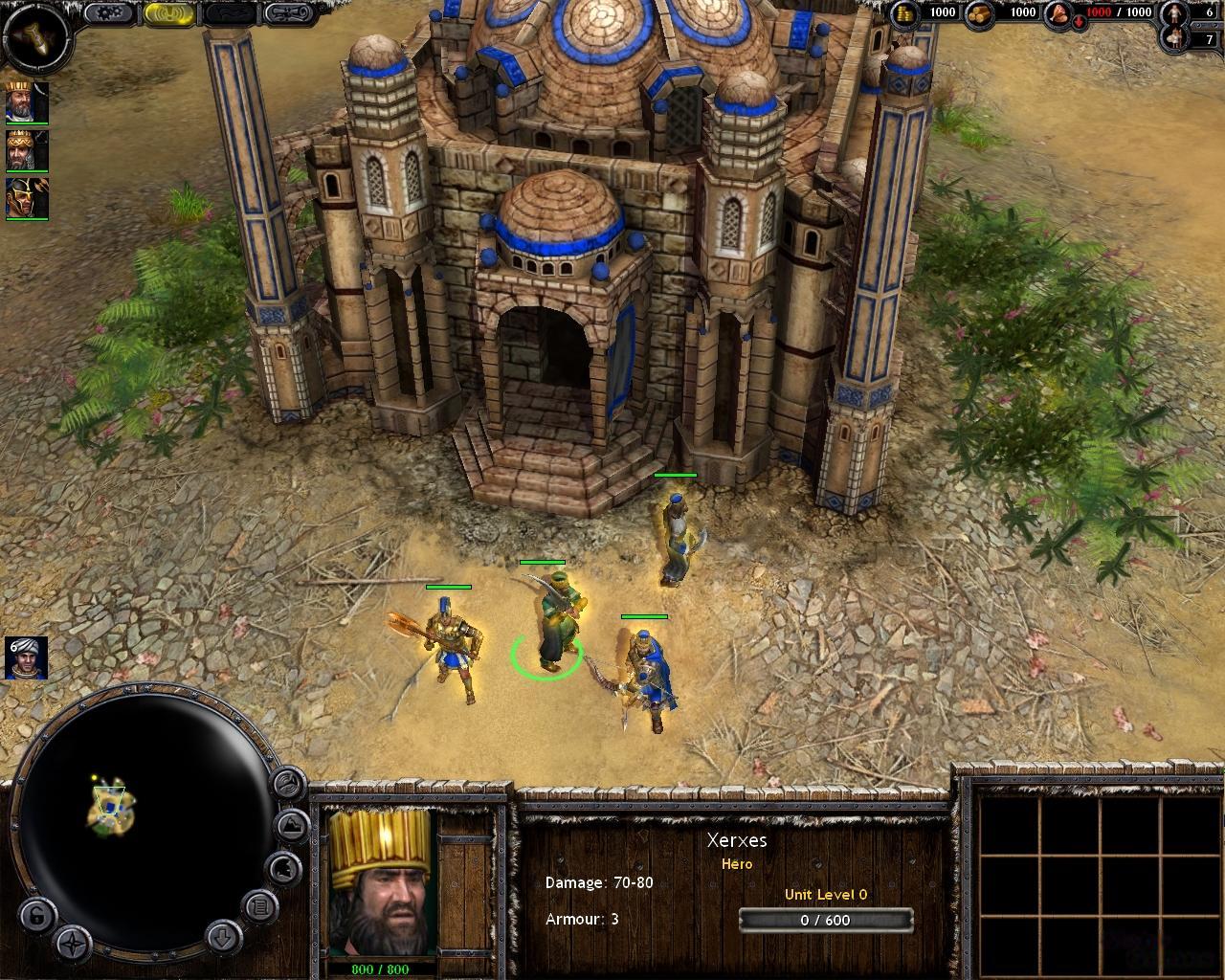

During his reign he had won many battles and defeated many of the most powerful men of his time, yet Tomyris proved a Queen too far. Cyrus believed another victory was certain and accepted the challenge, but in the ensuing engagement Tomyris emerged victorious.Ĭyrus himself fell in the melee. The grief-stricken Tomyris raised another army and challenged Cyrus to battle a second time. Cyrus destroyed their army and Tomyris’ son, Spargapises, committed suicide out of shame. Initially the war did not go well for Tomyris and the Massaegetae. She ruled during the 6th century BC and is most famous for the vengeful war she waged against the Persian king, Cyrus the Great. Tomyris was the Queen of the Massaegetae, a confederation of nomadic tribes that lived east of the Caspian Sea. Image Credit: Chris Gyford (Wikimedia Commons). Her tomb was unearthed in 1976 and can be visited by the public. She also controlled her own fiefdom on the outskirts of her husband’s empire. The many weapons found in her tomb support Fu Hao’s status as a great female warrior. According to inscriptions on oracle bones from the time, Fu Hao led many military campaigns, commanded 13,000 soldiers and was considered the most powerful military leaders of her time. She broke with tradition by serving as both a high priestess and military general. Lady Fu Hao was one of the 60 wives of Emperor Wu Ding of ancient China’s Shang Dynasty.

Here are 10 of history’s fiercest female warriors who not only had to face their enemies, but also the strict gender roles of their day. Yet there were some who broke with tradition, both at home and on the battlefield. In the major ancient civilisations, the lives of women were generally restricted to more traditional roles.

The exception is the Soviet Union, which included female battalions and pilots during the First World War and saw hundreds of thousands of women soldiers fight in World War Two. It is only quite recently that female soldiers have participated in modern combat on a large scale. Throughout history, most cultures have considered warfare to be the domain of men.


 0 kommentar(er)
0 kommentar(er)
